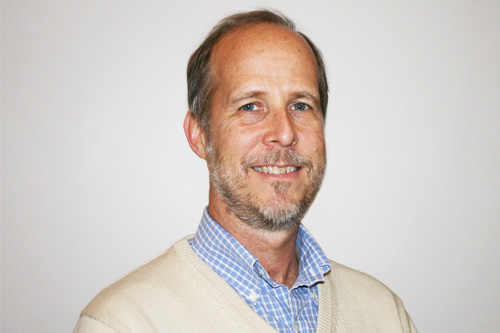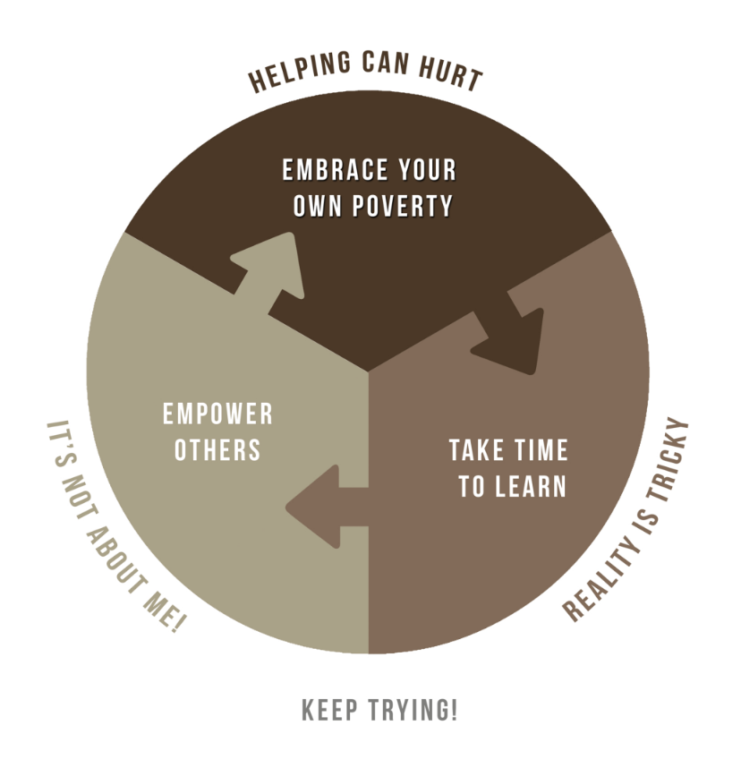 The Emmanuel Gospel Center is a great friend and ministry partner of UniteBoston’s. Many people in Boston and around the country have benefited from their research about churches in Boston and their systems ministry approach. Their Executive Director, Jeff Bass, joined the staff at EGC in 1991 and is a member of River of Life Church in Jamaica Plain. In the article below, Jeff Bass offers insight for Christians for engaging well in the work in our neighborhoods.
The Emmanuel Gospel Center is a great friend and ministry partner of UniteBoston’s. Many people in Boston and around the country have benefited from their research about churches in Boston and their systems ministry approach. Their Executive Director, Jeff Bass, joined the staff at EGC in 1991 and is a member of River of Life Church in Jamaica Plain. In the article below, Jeff Bass offers insight for Christians for engaging well in the work in our neighborhoods.
Many people have read the book, When Helping Hurts, (or a similar book to this), and I am often asked if EGC has any materials that could help people move from helping that hurts to helping that helps. In response, EGC has developed a 4-part class, based on our Living System Ministry approach, that we have taught recently at both Grace Chapel and Trinitarian Congregational Church in Wayland. It’s been interesting taking material that we use with our staff and ministry partners and teach in seminary, and trying to effectively contextualize it for four hours of adult Sunday School. But it has been a worthwhile challenge, and it has helped me boil down some of the things EGC has been working on for years, to essential concepts that apply in every setting – missions, ministry, home and work.

So how can we be helpful helpers? It starts with accepting that even our well-intentioned helping often does hurt, or in EGC terms, that what we do can be counterproductive. Much has been written on this, and it’s very well documented (1). So we need to be careful.
The first step in being careful is “embracing your own poverty.” We each need to come from a place of humility, not superiority. It’s an eminently Biblical concept (2) that causes us to recognize our material wealth is not what defines us, and we are just like the people we seek to serve (and they are just like us), having both significant assets and deep needs that require help.
The second step in being careful is taking the time to learn. Reality is complicated. It takes time to get to know the people, organizations, or communities we hope to help. Nothing fights hurting like real understanding and trusting relationships. Working this way always takes more time, but it is always worth it in the long run.
Don’t be selfish; don’t try to impress others. Be humble, thinking of others as better than yourselves. Don’t look out only for your own interests, but take an interest in others, too. – Phil. 2:3-4
Finally, as we move from humble learning to more active engagement, the best simple principle to follow is, “Empower Others.” Do things with people, not for people. Give help that helps them do or be or solve or lead or move forward. Make them the heroes of the story.
One final note. This is not easy. Effective ministry is not “plug and play.” It takes real work, making mistakes, repentance, wrestling, stubborn grit. Embracing your own poverty, taking time to learn, and choosing to empower others need to happen over and over again. That’s OK. We serve a God of grace who walks with us and clearly calls us to keep trying.
If you or your church would like to learn more about Helping that Helps, please contact Jeff Bass, executive director, at jbass@egc.org. For further information on the Emmanuel Gospel Center visit egc.org.
1 See for example, When Helping Hurts, The Cat and the Toaster, or Toxic Charity
2 See for example Phil 2:3-11, Phil 3:3-11, and Rev. 3:15-19
Very in insightful! Thanks.
Thank you for this encouraging insight! May God fill us with both humility and endurance, and may He always be at the center of our efforts!